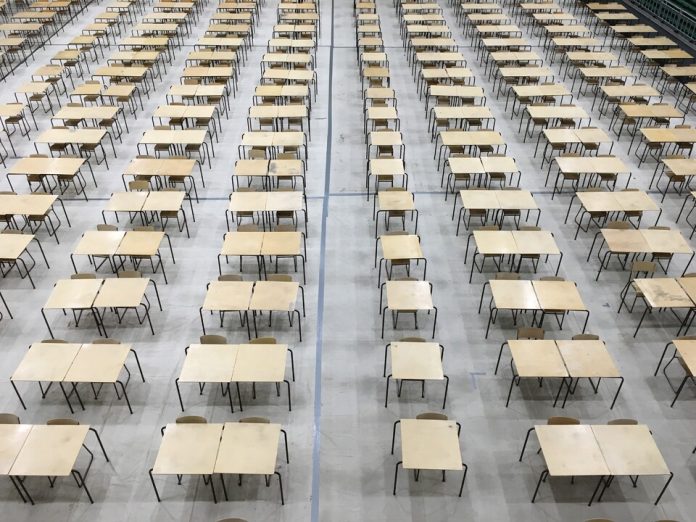GCSE and A Level examinations are taken by over 5 million students in the UK every year. Students can take exams in a broad range of subjects, from Art and Design to Chemistry to Sports Science. There are multiple examination boards responsible for GCSE and A Level examinations, and it is helpful to know about the ones your child follows.
What are the different examination boards in England, Wales and Northern Ireland?
The main five examination boards in England, Wales and Northern Ireland are:
- AQA
- CCEA
- Edexcel (run by Pearson)
- OCR
- WJEC
What do the examination boards do?
The examination boards oversee the creation of course specifications (in line with the National Curriculum created by the Department for Education), the writing and marking of exam papers and awarding of qualifications.
Which examination board will my child follow?
Usually, your child’s school will decide which examination board they follow for their GCSE and A Level exams. Your child may take a variety of exams from different boards. For example, they may follow the Edexcel examination board for their English GCSE, but OCR for their GCSE in Religious Studies.
What is the difference between the examination boards?
Since all examination boards are required to teach and test knowledge set out in the National Curriculum, students will learn the same core material regardless of which examination board they follow. However, there are some slight differences between the boards, including:
1. The format of examinations
The number of exam papers, the amount of coursework and the style of exam questions may vary.
2. The subjects offered
Examination boards may differ in the number of subjects they offer, with some boards offering qualifications in niche or less popular subjects.
3. The learning materials
Examination boards may have unique learning materials, such as textbooks and websites, that students can use for revision.
4. The dates of examinations
Ensure you stick to your child’s allocated examination timetable rather than searching online for the date for ‘GCSE English Literature’ for example, as different exam boards may set their exams on different days.
Is one examination board easier?
Generally, students will not find one examination board easier than the other. However, educators and students may have a preference for a board based on their learning materials or exam format.
What is an IGCSE?
An International General Certificate of Secondary Education (IGCSE) is a qualification similar to a GCSE, and both are worth equal credit on university applications. The main difference between a GCSE and IGCSE is that GCSE courses can often be very UK-focused, and schools wanting to give students a broader education may choose IGCSEs instead. IGCSEs are becoming increasingly popular in UK schools, which can choose to do a mix of GCSEs and IGCSEs. When you’re checking which examination boards your child is studying, also make note of whether they are doing a GCSE or IGCSE.
At Seven Springs Education, we understand the challenges that students face when studying for their GCSE and A Level examinations. Speak to our expert team about how we can help you achieve top marks in your upcoming examinations.


